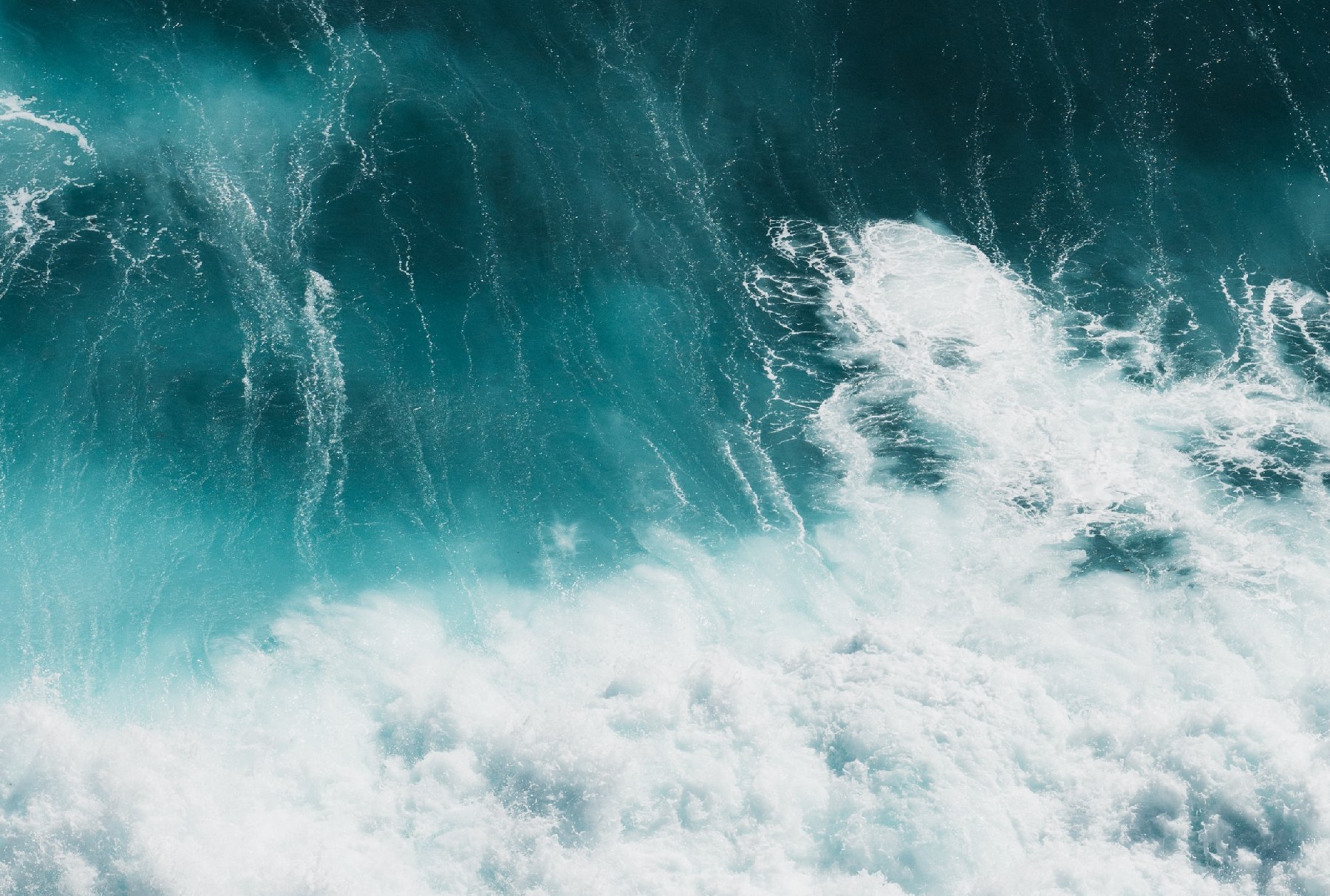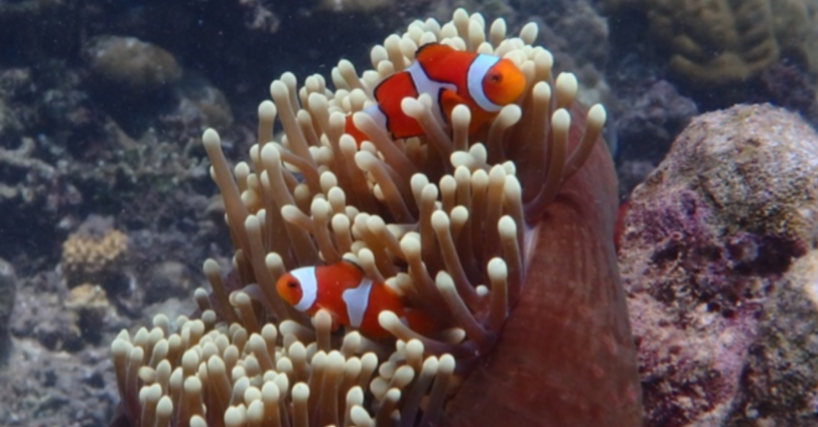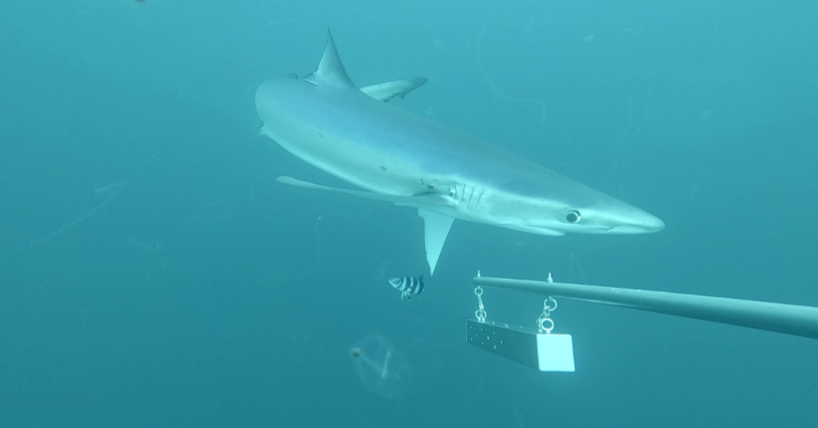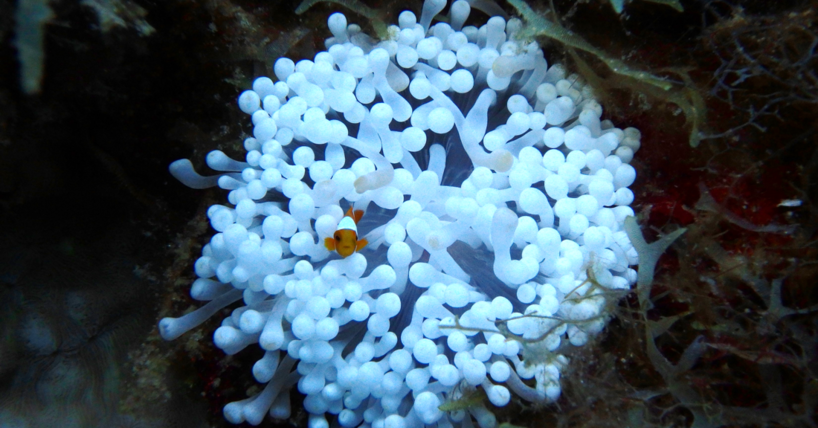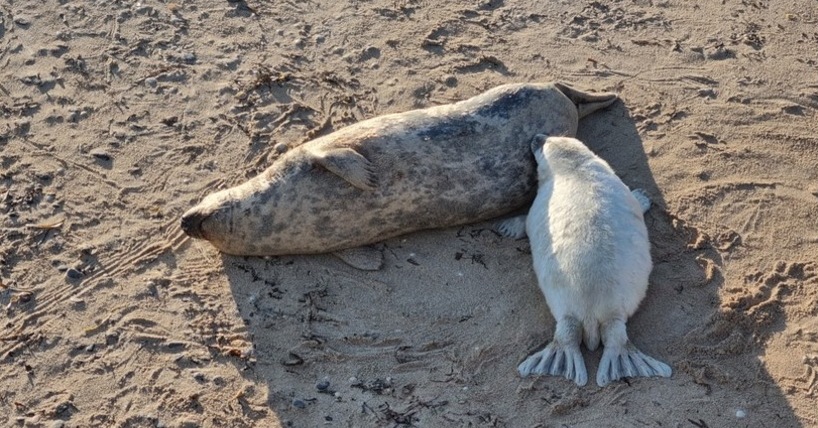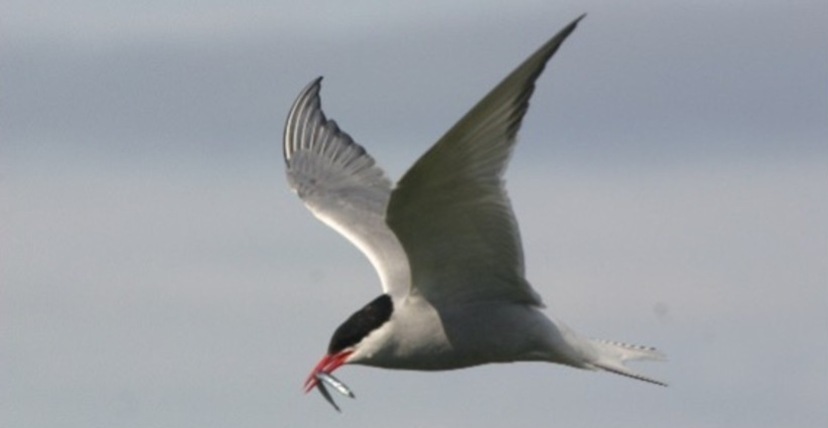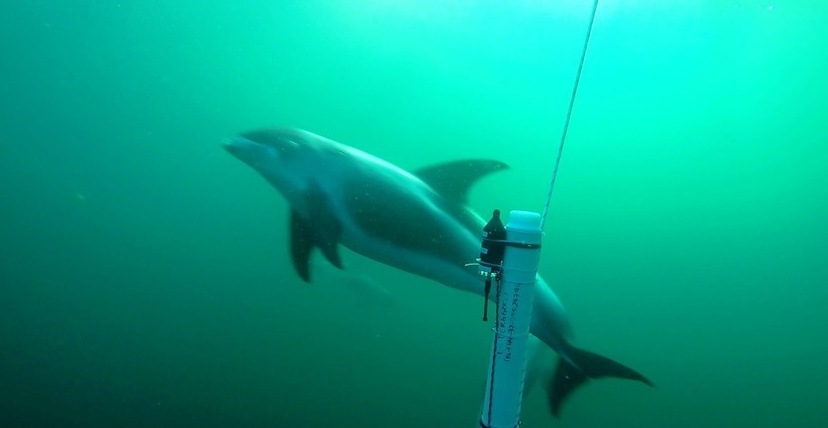Evolution and Behaviour
We study how organisms react, adapt, and interact. Working with a range of life, from tubeworms to fish, seabirds, and marine mammals, we address evolutionary behavioural ecology challenges and tackle threats to biodiversity and ecosystem resilience.
When, how, and why?
Research in this theme asks when, how, and why selection shapes the behaviour and life history of living organisms and the dynamics and demography of the populations they reside in. We work on a variety of marine systems, with techniques including game theoretical modelling, behavioural studies, life history assays, molecular ecology, and passive acoustic and imaging monitoring.
Population dynamics and life history theory
We use marine systems to advance the theory of eco-evolutionary population dynamics. Eco-evolutionary dynamics relates to how evolutionary changes influence populations concurrent to ecological changes and vice versa. We study this by applying demographic population models to occurrence data of rays and sharks to investigate how their life history strategies and population responses to environmental change are linked.
We also investigate the movement and behaviour of seabirds using geolocation loggers and radioisotope analysis to understand the migration strategies of long-term migrants and factors affecting breeding success.
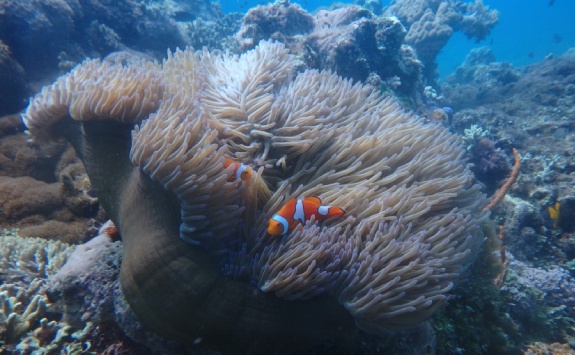
Behaviour and the evolution of social systems
We study the behaviour of marine mammals and seabirds either directly through the use of video cameras or indirectly by recording the sounds that the animals make. Through the deployment of electronic tags, we monitor the movements of the animals during the breeding and non-breeding seasons. We also study spatial and temporal patterns in grey seal behaviour ecology during their reproductive haul-out period.
Our research on coral reef fishes examines topics such as the evolution of mating systems, group living, and social behaviour. For example, we tackle a paradox in evolutionary biology of why some individuals in social groups forgo their own reproduction and cooperate with others, and why breeders tolerate non-breeders when breeders gain no obvious benefits from the presence of non-breeders.
.jpg)
Conservation genetics
We apply molecular approaches to understanding the microbial ecology of corals and coral reefs to identify and characterise the causal agents of coral diseases, which currently are poorly understood. We also use molecular approaches to population genetics to provide information that is useful for the conservation of marine ecosystems.
